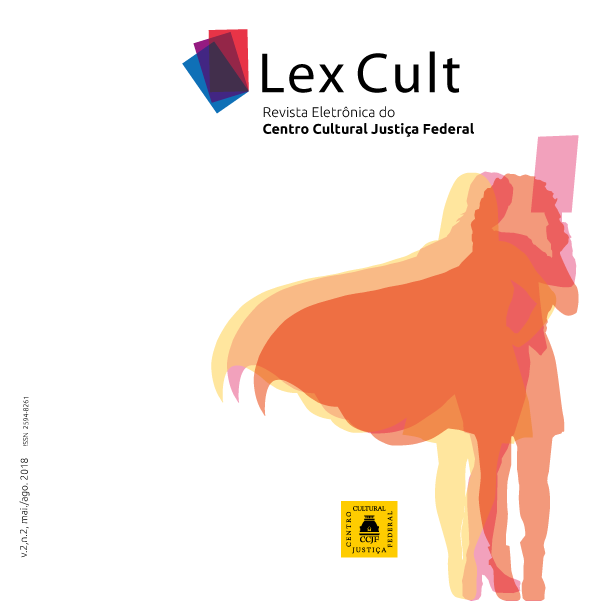IGUALDADE DE PODER ENTRE HOMENS E MULHERES: REFLEXÕES A PARTIR DA AGENDA 2030 DA ONU
Resumo
O assunto “empoderamento” da mulher tem sido bastante discutido nos últimos tempos e traz à tona questões sobre desenvolvimento e liberdade, elementos primordiais para a emancipação dos indivíduos, visando à expansão de suas capacidades. O presente trabalho faz uma reflexão sobre Objetivo número 5, ODS nº 5, da Agenda 2030 da Organização das Nações Unidas, ONU, ressaltando sua importância para o desenvolvimento das mulheres e, portanto, para o seu “empoderamento”. Para a discussão dos tópicos constantes no ODS 5 apoiou-se em Amartya Sen, entre outros autores, a partir de sua reflexão sobre a liberdade, e em outro documento da ONU sobre os princípios do empoderamento da mulher. As conclusões apontam para a necessidade de políticas públicas e programas que devem ir além das áreas de saúde, educação e garantia de melhores condições de vida, uma vez que é necessário promover políticas para a igualdade de poder e ocupação de espaços políticos.
##plugins.generic.usageStats.downloads##

This work is licensed under a Creative Commons Attribution-NonCommercial-NoDerivatives 4.0 International License.
Autores mantém os direitos autorais e concedem à revista o direito de primeira publicação, com o trabalho simultaneamente licenciado sob a Creative Commons Attribution-NonCommercial-NoDerivatives 4.0 International License, que permite o compartilhamento do trabalho com reconhecimento da autoria do trabalho e publicação inicial nesta revista.
Autores têm autorização para assumir contratos adicionais separadamente, para distribuição não-exclusiva da versão do trabalho publicada nesta revista (ex.: publicar em repositório institucional ou como capítulo de livro), com reconhecimento de autoria e publicação inicial nesta revista.
Os autores declaram serem responsáveis pela originalidade, pelo ineditismo e pela atualidade de todo o conteúdo do artigo, mediante a referência completa de todas as fontes consultadas.
Cada autor concede à Revista LexCult permissão para avaliar, normalizar, editar e publicar o artigo submetido, de modo inédito.
Casos de plágio e autoplágio não serão aceitos sob nenhuma hipótese. O autor plagiário será suspenso por 5 (cinco) anos sem publicação na Revista LexCult.
É permitida a cópia, total ou parcial, de artigo publicado na Revista LexCult, desde que informada a fonte (autor e revista), sendo vedado o uso comercial e a produção e distribuição de trabalhos derivados. Caso seja verificada a quebra de exclusividade, a submissão será arquivada e o autor estará suspenso de publicar por 5 (cinco) anos na Revista LexCult, sem prejuízo das ações cíveis/penais previstas em lei.
O autor tem ciência de que:
a) a submissão poderá ser recusada caso o Conselho Editorial da Revista LexCult, responsável pela avaliação e seleção dos artigos, não considere pertinente a publicação, por quaisquer motivos, devidamente fundamentados;
b) os editores reservam-se o direito de modificar o texto da submissão - sem alteração de conteúdo - para normalizá-lo e adaptá-lo às normas de publicação.



